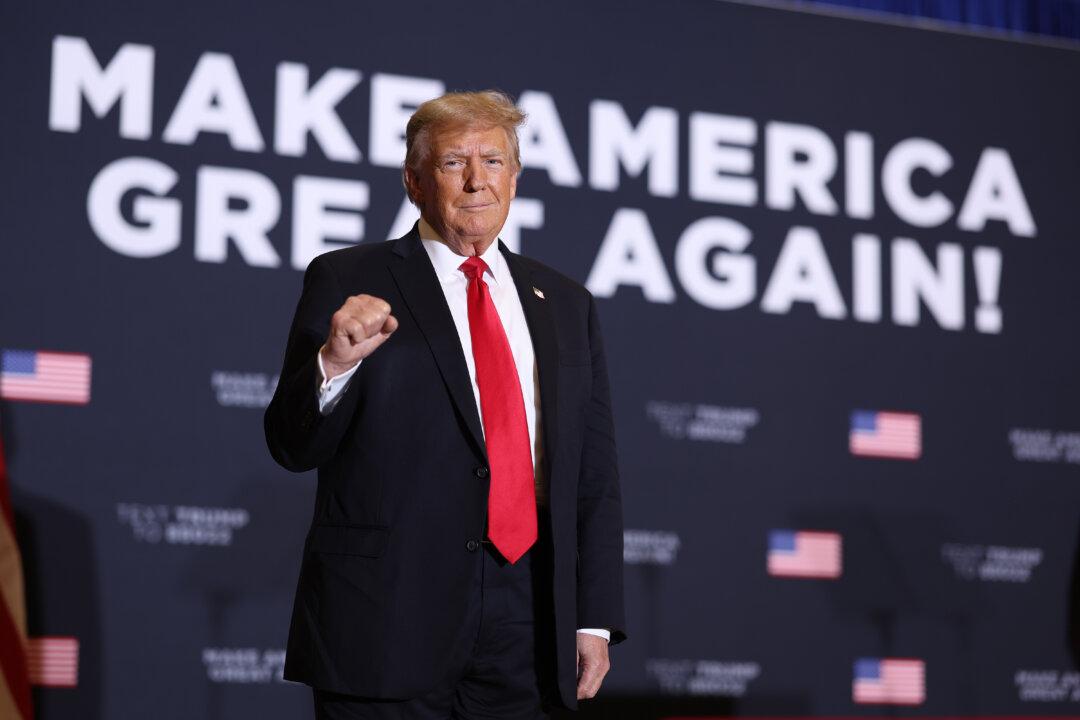COLORADO’S UNPRECEDENTED RULING
The Colorado Supreme Court ruled yesterday that former President Donald Trump is ineligible to appear on the state’s primary ballot.
This unprecedented 4-3 decision makes Colorado the first and only state to disqualify Trump from appearing on a state primary ballot. Numerous attempts in other states to remove Trump from the ballot under the 14th Amendment have failed.
The 14th Amendment bars certain individuals from holding public office if they have engaged in an “insurrection.”
Trump has vowed to appeal the ruling to the U.S. Supreme Court. His campaign called it a partisan decision aimed at blocking his White House bid.





